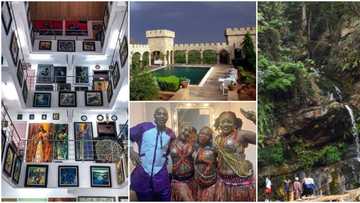12 traditional dances in Nigeria and their meaning explained
Traditional dances in Nigeria are many and reflect every aspect of life: from simple entertainment to worshipping the gods, wars and marriage. Many of them still exist and are performed at different events and festivals.
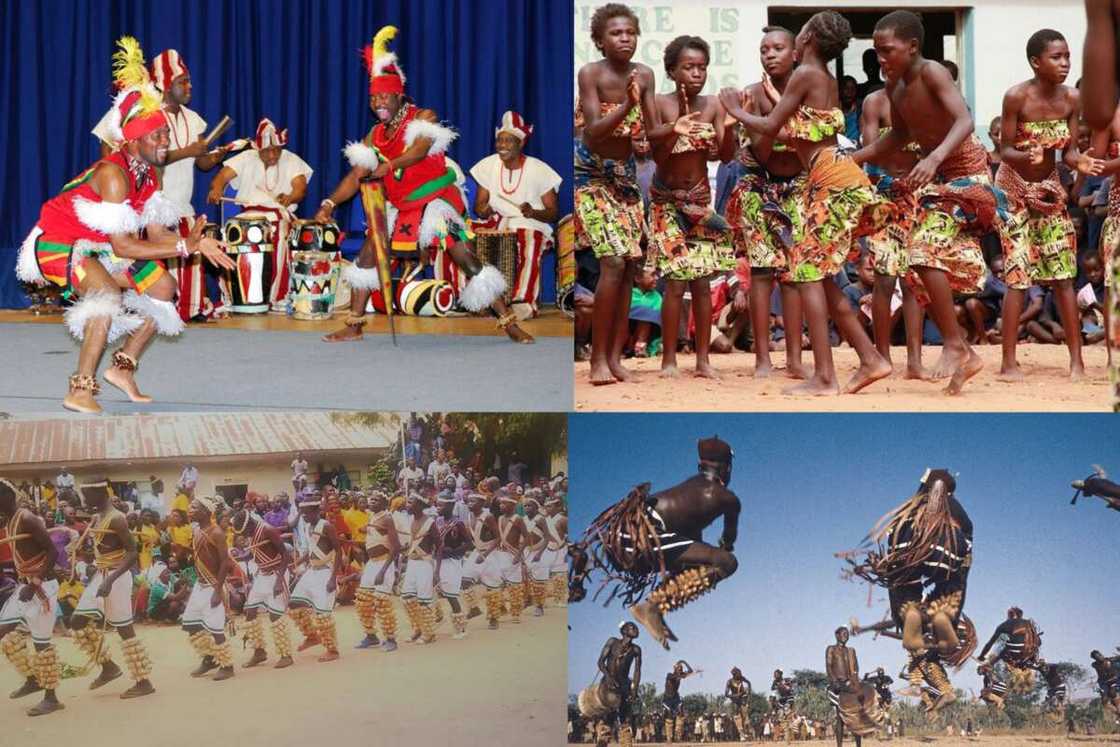
Source: UGC
Nigeria has many regional folks and tribal dances for emotional expression, social connection, or physical activity. Sometimes people utilize these dances to convey messages or tell stories.
Types of traditional dances in Nigeria
Dance is an integral part of every culture. Nigeria is the motherland of many tribes; hence they have a lot of dance types as part of their culture. Here is a list of traditional dances in Nigeria.
1. Ukwata dance
This is a Nigerian traditional dance for the Abbi people, who usually perform it at the Ukwata Festival. It has religious roots and looks like worshipping the gods. The dance is closely related to the water element: people are dressed in blue and green, pretending to be fishes, crocodiles and other marine inhabitants.
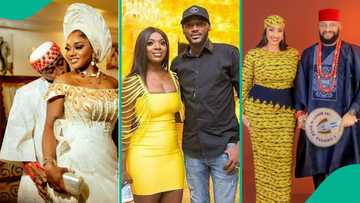
Read also
Annie Idibia, Chioma, 4 other female celebs who have been taunted online over their male partners
2. Atilogwu dance
It looks more like an acrobatic performance than dance and resembles modern cheerleader shows. Most young people participate in Atilogwu at various events and festivals for fun.
3. Ikpirikpi-ogu dance
This example of traditional dance is characteristic of the Abam people in Abia State and is considered a war dance. This is because it was performed only by men returning from war to celebrate their courage and prowess.
Nowadays, it can be seen among other Nigerian dances at different shows and festivals as a symbol of power, strength or victory in some competitions.
4. Nkwa umu-Agbogho dance
It is popular among the people of Ebonyi State. It is often called Maiden dance, as it was performed only by girls who are adult enough to get married.
The main aim of this Nigerian dance was to attract future husbands by actively moving the chest and waist. In the modern world, this dance is turned into simple entertainment and is performed by girls and women with flexible bodies.
5. Sharo dance
This is a popular dance from northern Nigeria, mainly among the Fulani and Hausa people. It is majorly performed during the rite of passage where the fittest man in the community takes the most beautiful lady as his bride.
6. Mmanwu dance
It is typical for Igbo people and looks like real masquerades. A long time ago, masquerades were a mysterious process when gods were meant to send some signs or punishment. People who took part in fancy dressing up were very reputable and considered close to gods.
People thought that the god's spirit incarnates in those wearing masquerade costumes. The Mmanwu dance is still popular and performed at festivals (for example, the New yam festival), celebrations and funerals.
7. Ekombi dance
Efik people, mainly in Cross River state, are fond of this dance. Girls majorly perform it. This cultural dance in Nigeria tells the story of the Efik people.
8. Bata dance
It is a traditional dance of the Yoruba people and is dedicated to the god of thunder – Sango. The Bata dance is done according to the music of the bata drum.
Sango is meant to be an athlete when his sacred days are approaching. Therefore, men and women make various movements to celebrate his strength in this Yoruba cultural dance.
9. Koroso dance
Such cultural and ethnic groups as Fulani and Kano have the Koroso dance in their entertaining shows. This dance is exciting and can be performed alone and in pairs. People rattle around their legs and make different kinds of movements.
10. Swange dance
The dance is popular in Benue State and takes place during different events. The performers make both slow and quick movements showing their flexibility. Due to that, Swange is often called a "boneless" dance. The rhythm is produced by a traditional horn called Al-Gaita and beats.
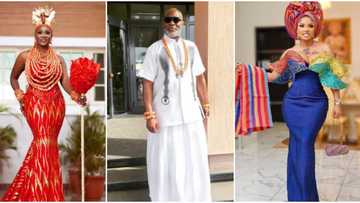
Read also
"Nigeria at 62": Mercy Johnson, Iyabo Ojo, Kunle Afolayan, others shine in beautiful ethnic attires
11. Ohogho dance
It is a dance from Benin traditions and relates to religion. Only particular people can perform it – from strong and healthy age groups. Ohongo is a whole ceremony where people dance in circles with gongs and magical herbs.
12. Gese dance
This one is a Yoruba cultural dance with the name of the type of drums. It has religious roots, and it is a kind of worship of Yoruba gods.
What is traditional dance?
Traditional dance is any local dancing tradition, often strongly connected with local musical forms or local beliefs. These dances teach us our social values and history.
Nigeria is very rich in history and culture. The variety of tribes with their unique traditions makes this country unique in Africa. These traditional dances in Nigeria are not only entertaining but also help one stay fit.
READ ALSO: New Nollywood comedy movies for a fun evening with friends
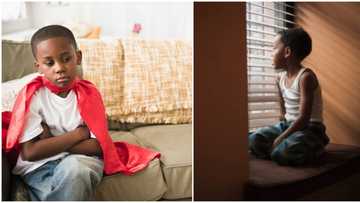
Read also
Rejected angels: How innocent Nigerian kids are still branded witches, rejected by families and left to die
Legit.ng published an article about new Nollywood comedy movies. If you want to have a good laugh with your friends, Nollywood has a lot of funny movies.
Almost every Nollywood film is amusing. Check out this article for movie suggestions for your next movie night.
Source: Legit.ng


